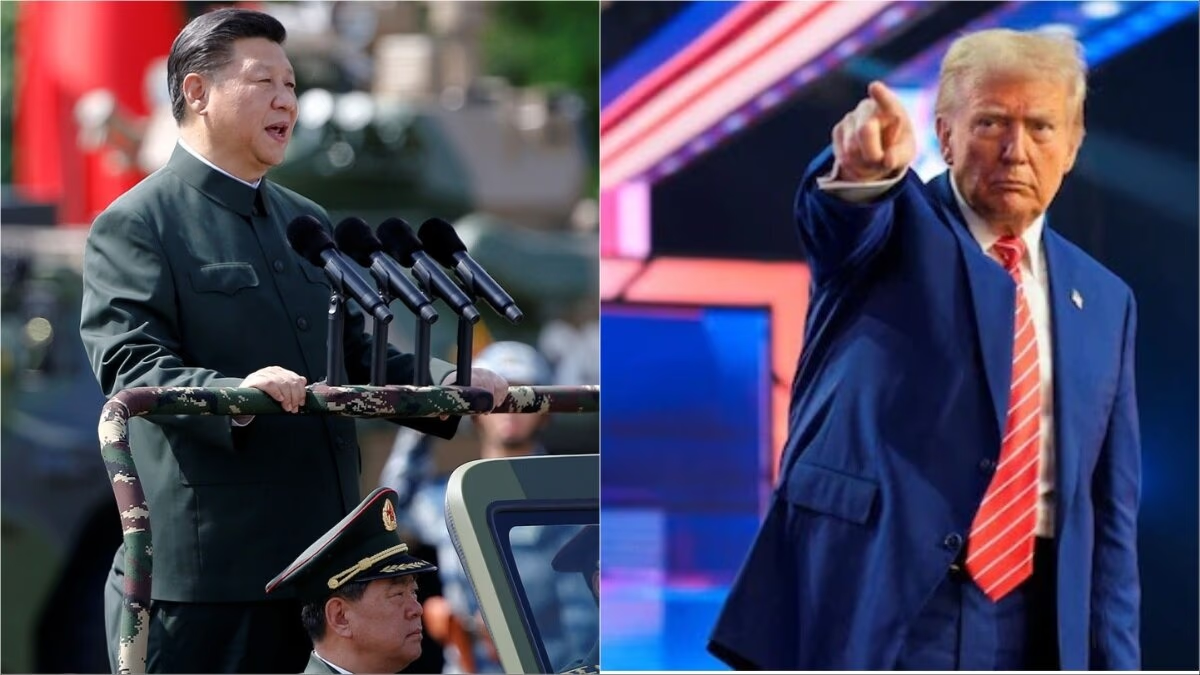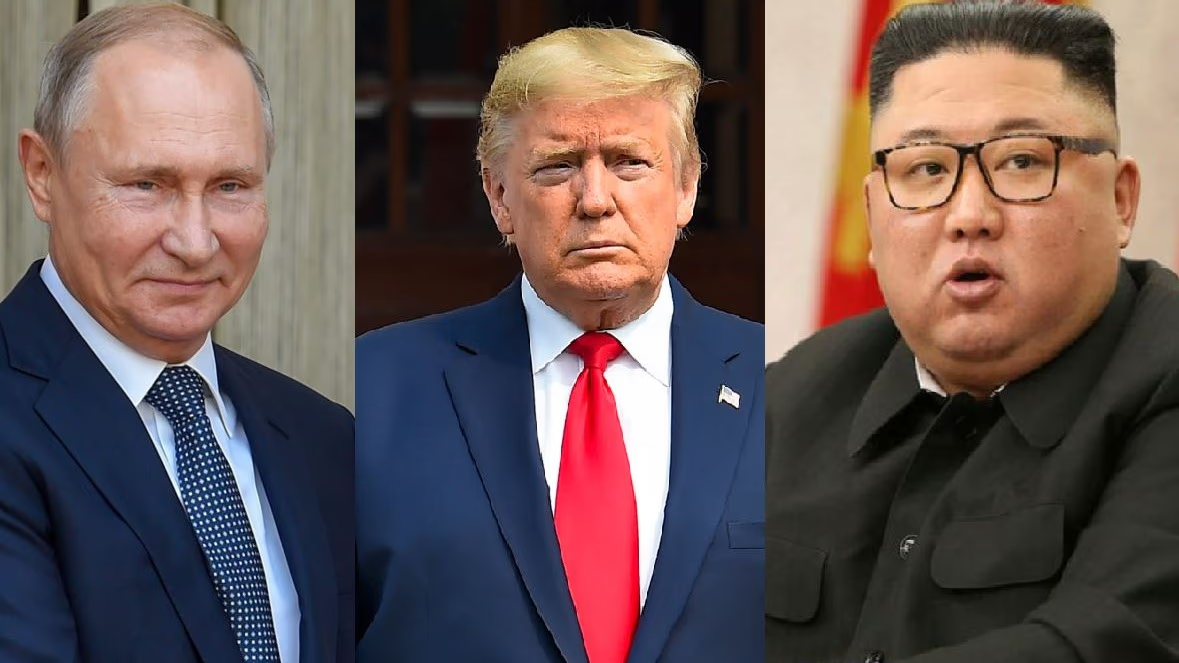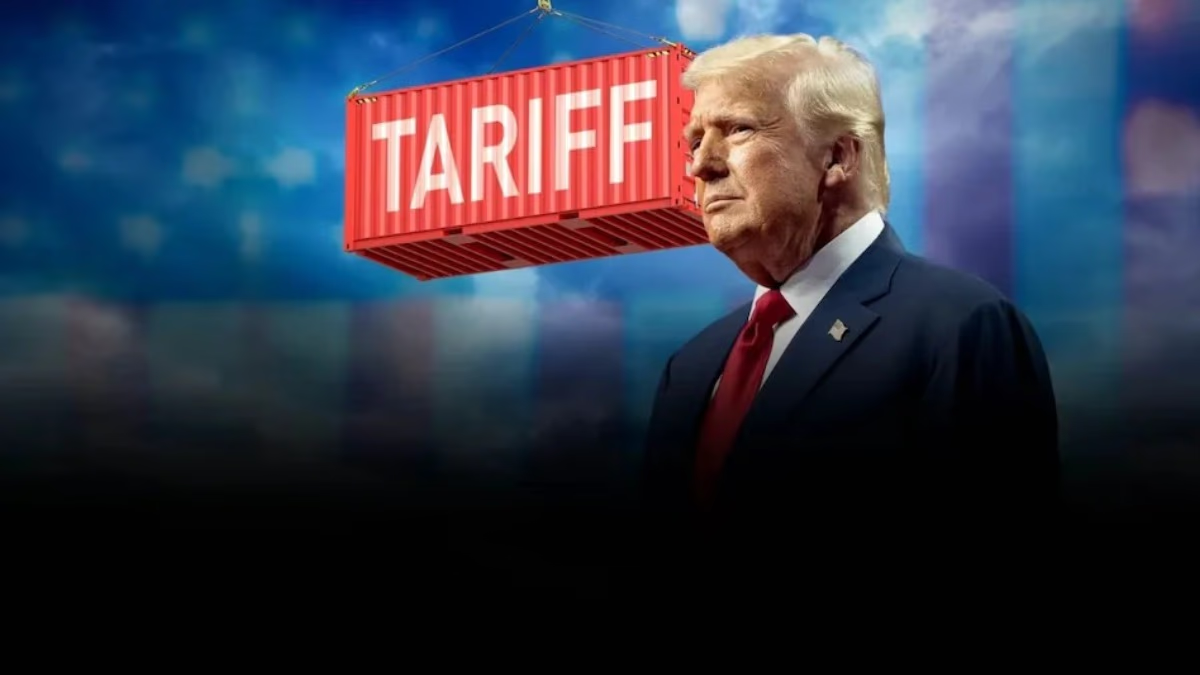A friend’s friend is a friend, but more often, a common adversary forges new friendships. As the world grapples with ongoing tariff wars, unexpected partnerships are emerging. Specifically, the business relations between the US and China are deteriorating. American President Donald Trump has maintained a hardened stance on China, prompting China to boldly counter this challenge.
Consequently, China is extending its amicable ties to nations with which it historically had luke-warm relations. This strategic maneuvering aims to multiply pressure on the United States. Notably, China is making overtures towards countries that share robust trade relations with the US, with India receiving special attention.
Highest Tariff Impact on China
On April 2, the US announced a 34% tariff on Chinese imports, a move that has provoked China considerably. Since Trump's administration began, a 20% tariff was initially placed on Chinese goods, and now a significant increase brings it to 34%. This means China faces a cumulative 54% tariff from the US, which is double the tariff rate imposed on India, representing a significant strategic blow to China in comparison to India.
In response, China has hit back with fierce retaliations. When the US imposed a 20% tariff back in February 2025, China promptly increased duties on American products the following day. Once again, China has threatened to match tariffs-for-tariffs, and in reacting to Trump's tariff policy, it declared that there are no winners in a trade war and that China is prepared to take reciprocal measures to safeguard its interests.
According to a report from the Global Times, 'China calls for the immediate repeal of unilateral tariffs by the US and seeks to resolve trade disputes through dialogue.' Meanwhile, China is actively rallying support against US tariffs internationally.
Trump's Focus on China
The US initially announced a 10% tariff against China, which was subsequently doubled to 20%, prompting China to place an additional tariff of 10-15% on American imports. Notably, China has restricted exports from 25 American firms and levied extra duties on key imports such as poultry, wheat, corn, and cotton (15%) and soybeans, sorghum, pork, beef, seafood, fruits, vegetables, and dairy (10%).
As a reaction to Trump’s tariff policies, several nations affected by the tariff war are forming strategic pacts. China, Japan, and South Korea have agreed to cooperate in countering US tariffs, pledging to enhance mutual trade. Japan and South Korea are preparing to import semiconductor raw materials from China, while China is showing keen interest in purchasing chip products from these countries. Discussions to expedite a South Korea-Japan-China free trade agreement are also underway, showcasing growing regional collaboration.
Moreover, as per Beijing’s ambassador in New Delhi, China is willing to import more Indian products and expand trade cooperation, interpreted as a strategy to pressure the United States. Diplomatic tensions between India and China have prevailed since 2020 following border conflicts, impacting trade between the two nations.
China Extends Friendship to India
However, China is actively seeking to improve bilateral trade relations with India, which may prove beneficial for India. Chinese President Xi Jinping expressed to Indian President Droupadi Murmu the need for both nations to closely cooperate. China has expressed its intent to become the largest importer of Indian products.
Chinese Ambassador Xu Feihong shared with the Global Times, 'We are eager to collaborate with India in strengthening practical cooperation in trade and other sectors and increase the import of Indian goods suitable for the Chinese market.'
Meanwhile, a Reuters report noted that India and China agreed to reinstate direct flight services for the first time in nearly five years in early January, aiming to smooth over trade and economic discrepancies. This development occurred during a meeting between India’s top diplomat Vikram Misri and China’s Foreign Minister Wang Yi in Beijing. During the previous fiscal year, bilateral trade between India and China increased by 4%, amounting to $118.40 billion.




